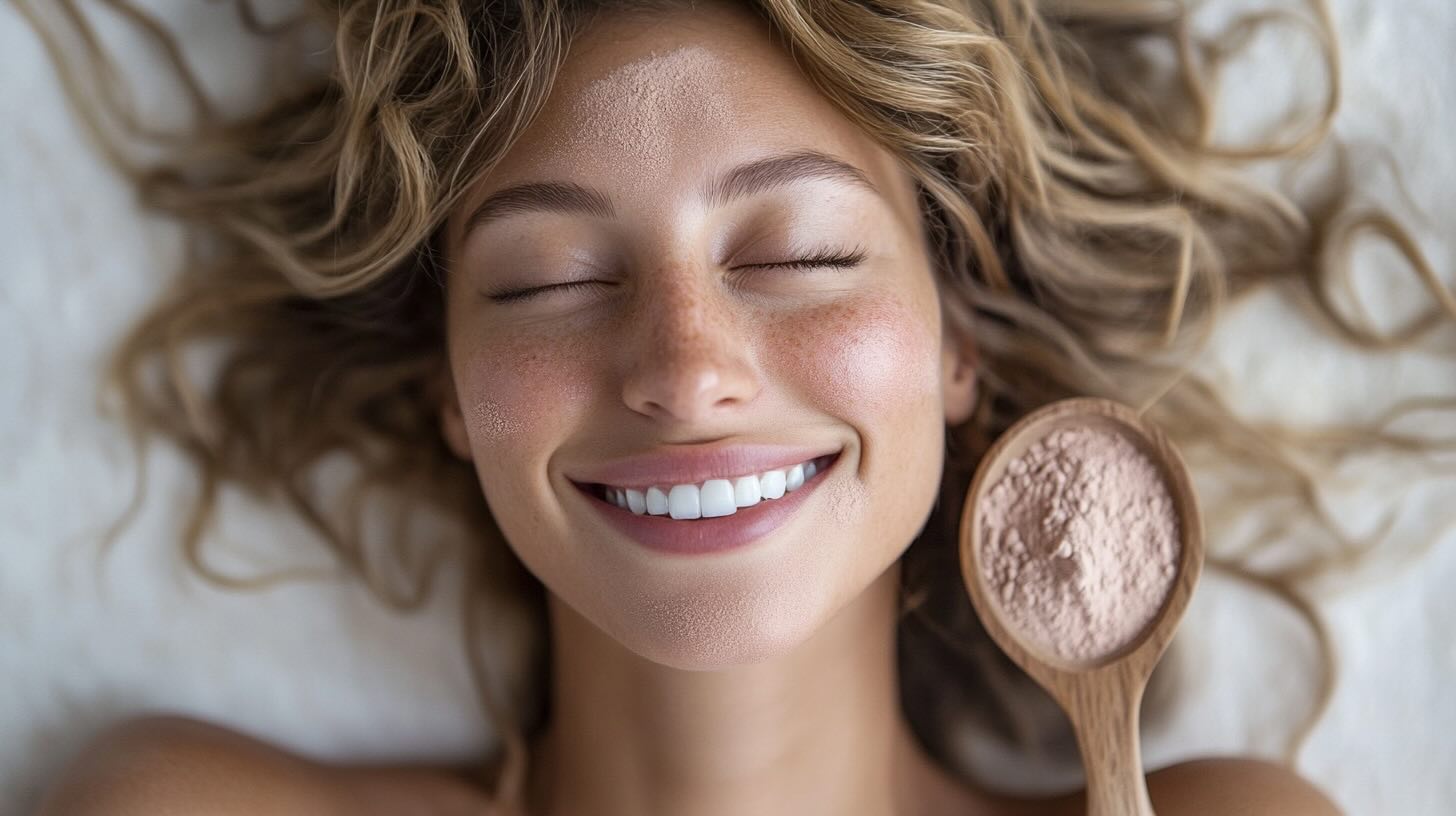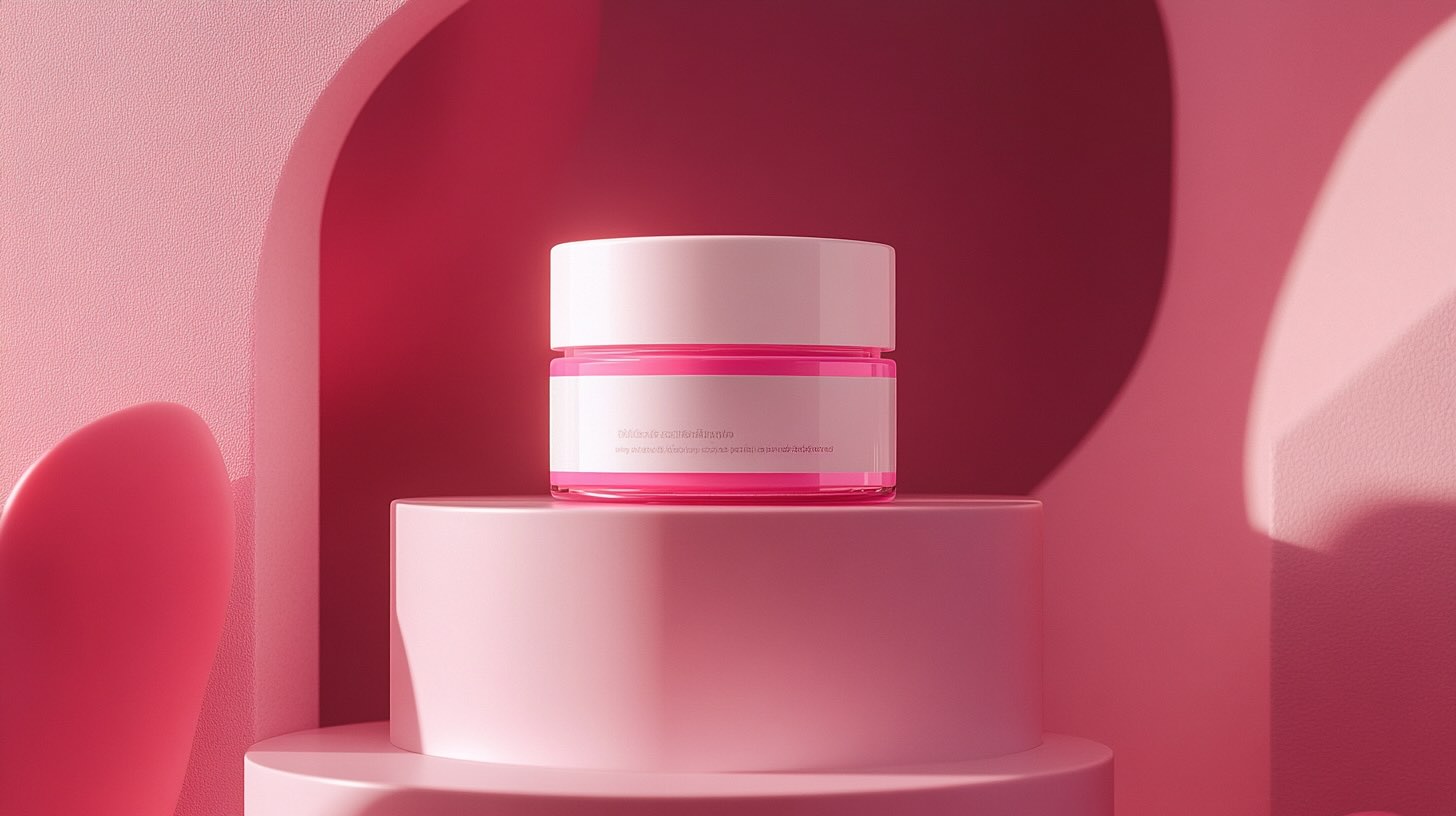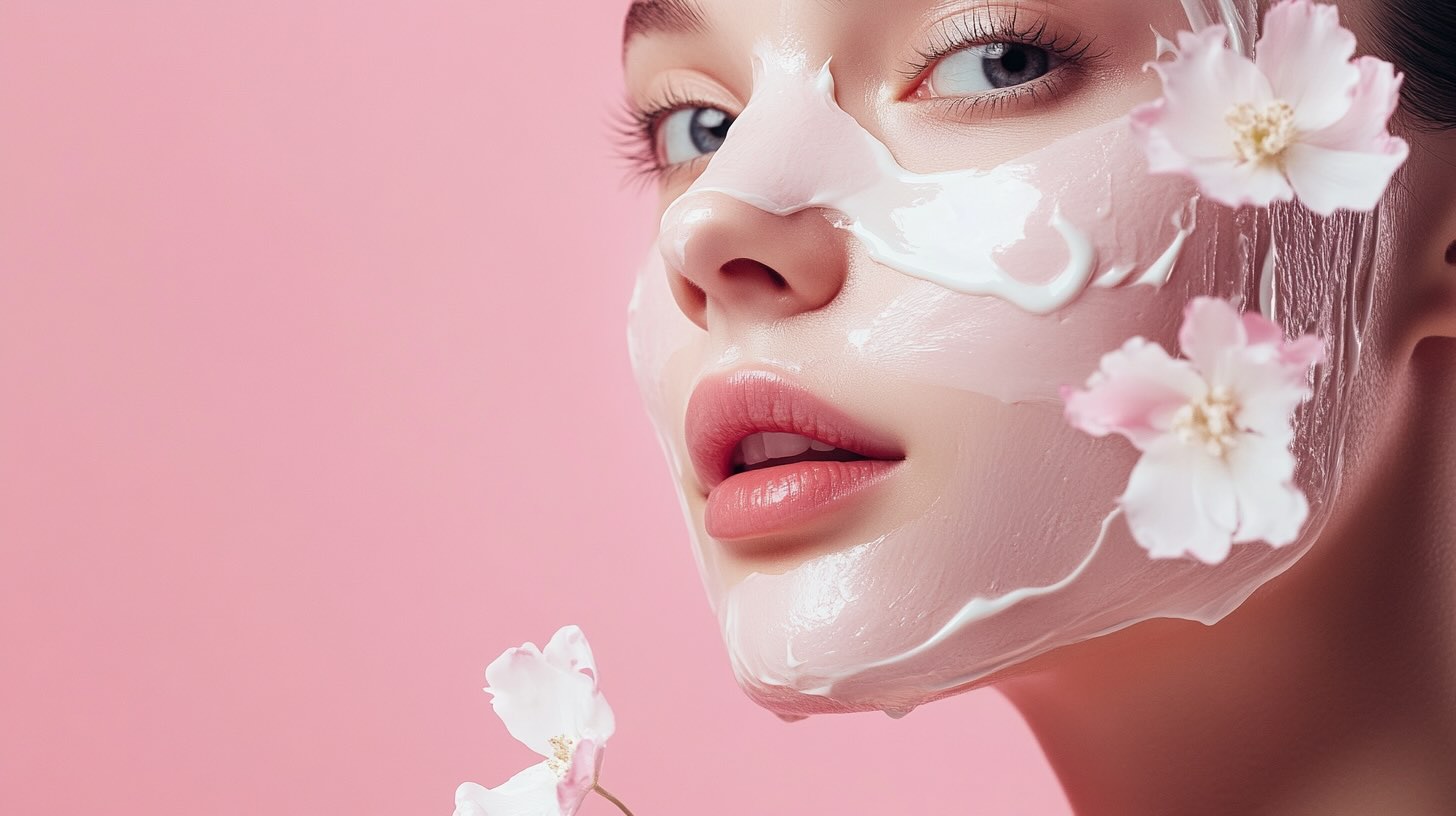May 5
Collagen - a word that is doing the rounds in beauty forums, dietary supplements and in the morning smoothies of Instagram influencers.
It is the protein of the hour and is touted as the fountain of youth.
But is collagen really the secret weapon for firm skin and healthy joints or is it just another marketing gimmick?
Let's dive into the world of the triple helix and find out the truth.
1 What is collagen?
Imagine you are building a skyscraper. Think of collagen as the steel beams that hold everything up. This structural protein is the most abundant protein in our body and makes up about 30 % of the total protein mass. It is found in Tendons, ligaments, bones and cartilage and is found wherever there is strong connective tissue that presents itself as if on a catwalk.
The structure of collagen is fascinating - a network of amino acids (mainly Glycine, proline and hydroxyproline), which winds into a left-handed triple helix. It consists of three polypeptide chains and forms a right-handed triple helix. It is like a microscopic architectural marvel that gives shape and form to our body. There are 28 different types of collagen in the human body, each suitable for different tissues.
Collagen types I, II and III are not only a structural blessing, but also particularly remarkable. Type I is the superstar, found in skin, tendons, bones and connective tissue. Type II shines in cartilage, and type III is in organs along with type I, Muscles and blood vessels in early life.
Collagen is not only a modern hero, but its etymology goes back to the Greek word "kolla", which means glue. Historically, collagen's predecessor was used to make glue. The etymological journey is fitting as modern applications of collagen benefit from its binding properties.

2. from the helix to the skin: what collagen can really do
As we age (like a fine wine or, let's face it, sometimes a neglected fruit), our collagen production decreases. The once abundant amount of collagen decreases, leading to the typical signs of aging: Wrinkles, brittle bones and creaking joints, that would be worthy of a horror movie.
Because collagen keeps our skin plump and youthful, it is emphasized in anti-aging treatments and supplements. Think of collagen as your skin's best friend, always on standby to keep it looking firm and tight.
But it's not just about looking youthful. Collagen does hard work - literally - in bones and joints. It forms a large part of the supporting framework of our bones and joints and helps to maintain bone density and keep joints flexible and pain-free.
Collagen also contributes to activities such as. HIIT Sport an important contribution to the tendons and ligaments, the unsung heroes in the biomechanical orchestration of the human body, which enable movements with the precision of a molecular symphony.
Aside from its mechanical secrets, collagen has an impressive repertoire in wound healing and tissue regeneration, making it a cornerstone of regenerative medicine. It's like the body's emergency team - it springs into action to close wounds and rebuild tissue, demonstrating its reparative genius.

Templeshape's
healthy cookbook:
Nourish From Within
3. collagen as a dietary supplement
If you open the cupboard of any wellness influencer, you're sure to find collagen supplements to be proud of. These magical powders, glittering capsules and potent ampoules promise ageless skin, elastic joints and even shiny hair and nails.
But scientists are asking themselves the question: do they deliver what they promise?
The human body breaks down ingested collagen into amino acids, which, like any other Protein source are absorbed. So while you're sipping your morning collagen concoction, you're feeding your body with important building blocks and not necessarily a direct route to wrinkle-free nirvana.
Some studies point to Potential benefits such as improved skin elasticity and joint function after taking collagen, but these results often come with an asterisk: Many studies are funded by dietary supplement companies. The science is promising, but not always free of bias.
In addition, it should not be overlooked that although taking collagen can be a useful ally, there is a catch: Our bodies need vitamin C to efficiently produce their own collagen. So if you've been ignoring oranges in favor of your supplement stash, you may be doing it wrong.

4. why there is no vegan collagen
For those of us who want to eat as plant-based a diet as possible, the lack of a vegan collagen option is a reason to shake our environmental conscience. Collagen is traditionally derived from animal products such as bovine, chicken skin and fish scales.
What about vegan collagen, you ask?
Well, nature doesn't serve it up on a silver platter. In other words, there is no such thing as vegan collagen.
But thanks to the wonders of biotechnology, companies are starting to crack the code by using genetically modified microbes to produce collagen-like proteins without them mooing or clucking.
But eating something that is produced in a laboratory and highly processed is not really the real deal, is it?

5. collagen creams: mistake or future?
The beauty industry has a love affair with collagen creams, touting them as the saviors of weather-beaten skin. But before you slather yourself with these creams, remember: collagen molecules are the bouncers in Club Skin - they're too big to hop through the door of the epidermis without an invitation.
Most over-the-counter collagen creams only relieve superficial dryness, rather than penetrating the deeper layers of the skin and getting it to produce more collagen naturally. While these creams can temporarily moisturize, they cannot work miracles deep down.
However, there are innovations here too. Short-chain collagen fibers have come onto the market and promise better absorption by the skin. However, their effectiveness has not yet been proven by the scientific community.
Essentially, collagen is as indispensable as it is fascinating, but its supplemental form may not be the miracle elixir that many claim. Nutrition, supplements and skincare all play an important role in maintaining healthy levels of this essential protein, but require a well-rounded approach to have a real impact.
Instead of rushing to any source of collagen with your eyes closed, a balanced diet that includes Rich in amino acids, vitamins and minerals is, along with a lifestyle that prioritizes sleep over stress (and sunscreen, always sunscreen), better support your body's collagen needs.
tags

